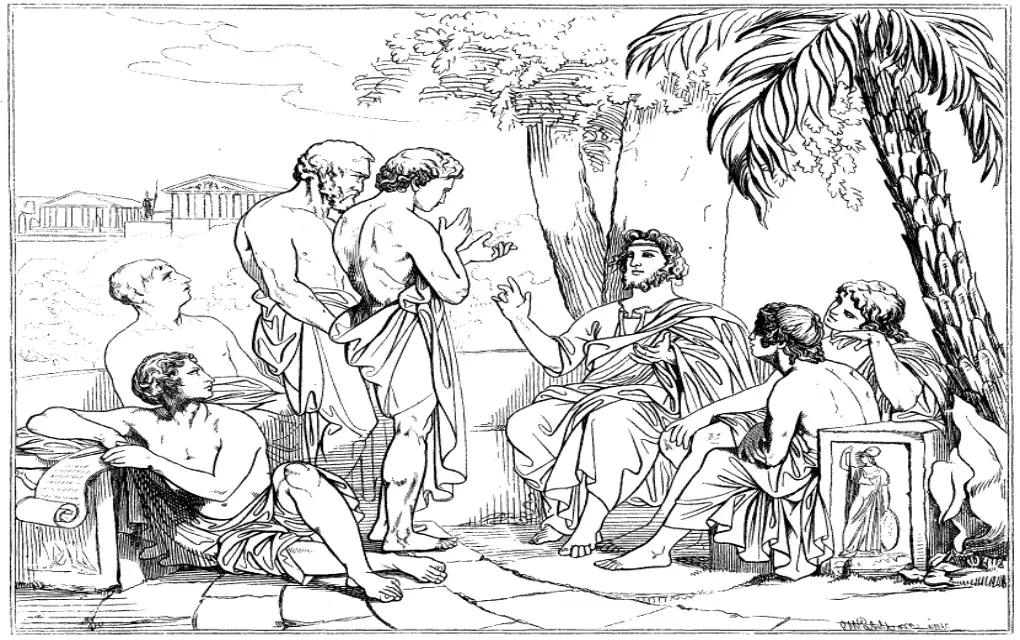Cart
4
Quantity
12,00 €
Quantity
5,00 €
Quantity
5,00 €
Quantity
4,00 €
Product You May Also Like
Payment details
Sub Total
40,00 €
Shipping
Free!
Total
40,00 €
Apply

 Olio d'Oliva E.V. 250 cl
Olio d'Oliva E.V. 250 cl
 Maccheroni Pasta
Maccheroni Pasta
 Country Orecchiette
Country Orecchiette
 Classic Taste Taralli EVO
Classic Taste Taralli EVO


















Leave a comment